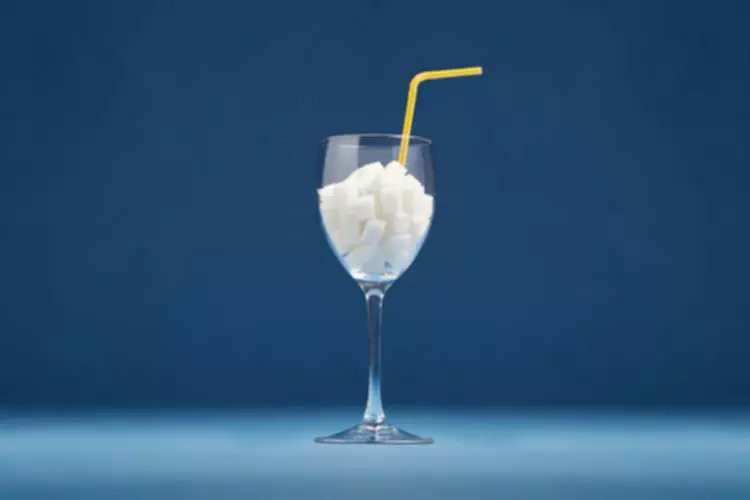
Understanding the reasons behind this discomfort can help in making https://ecosoberhouse.com/article/10-celebrities-who-died-because-of-alcoholism/ informed choices about alcohol consumption. Additionally, using alcohol for congestion relief can have negative consequences. Alcohol can cause dehydration, which can make congestion worse by thickening mucus and causing further discomfort. Furthermore, excessive alcohol consumption can impair the immune system, making it more difficult for the body to fight off infections that may be contributing to congestion.
Children’s Health

While it is recommended to avoid alcohol when you are congested, there is a belief that alcohol can act as a decongestant. There is actually a shot designed to help clear the sinuses comprised of whiskey, lemon juice, honey, and boiling water. Garges will prescribe yoga stretches that focus on the lower back to relieve tension, and pelvic exercises like lunges, squats, drunk sneezing and hip work. Garges and Milspaw guide their patients through breathing techniques as well.

Sexual Health
Ok, so now that we’ve answered the question – why does my nose get stuffy when I drink? But even with our guide on how to get rid of a hangover, you may want to dig deeper beyond the simple remedies and solutions to determine whether there is a real cause for concern here. Trends like Dry January encourage people to reimagine how they drink and navigate their social lives. And with new health guidelines in the U.S. warning that even moderate alcohol consumption is linked to an increased risk of cancer, staying dry—or at least damp—beyond January is becoming increasingly common.

Alcohol causes dehydration, leading to swelling and inflammation
“Birth trauma would be the physical things that need to heal—torn muscles, stitches, nerve damage,” Garges says. Garges, who frequently refers her physical therapy clients to mental health professionals, says that trauma is incredibly individualized and subjective. Most people don’t pop allergy pills until they’re already dragging through their morning.
Some of the most common culprits for reactions are gluten, hops, wheat, and yeast. If you have an intolerance or sensitivity to any of these ingredients, you’ll likely react to drinking beer. Everyone’s body reacts differently to alcohol consumption, which means that personal experiences will vary widely from one individual to another. Some might feel completely fine after several drinks while others may experience immediate discomfort from just one glass. Some individuals may experience more pronounced congestion symptoms while others may not notice a significant difference. Factors such as overall health, underlying conditions, and alcohol tolerance can contribute to individual variations in how alcohol affects congestion.
Why Does My Nose Get Congested When I Drink Wine?

Yes, beer can worsen airway obstruction by causing nasal congestion and respiratory issues. If you or someone you know is considering snorting beer, it is crucial to be aware of the dangers and health risks involved. It is important to remember that there is no safe way to snort alcohol, and the safest way to consume alcohol is by drinking it in moderation. If you are concerned about your alcohol intake or that of a loved one, there are resources and treatment options available to help. If you are allergic to barley, for example, you should avoid other foods and drinks that contain this ingredient. Coughing after drinking alcohol (or sometimes referred to as alcohol cough) may result from a few potential cultrips.

This increased blood flow can result in congestion, especially in the nose and sinus areas. Some people find relief by applying a warm compress to their nose, using saline nasal sprays, or taking antihistamines. However, it’s always best to consult a healthcare professional for personalized advice. Yes, certain beverages such as red wine and beer, which contain higher levels of histamines and sulfites, may exacerbate nasal congestion more than others. Lastly, alcohol is a diuretic, meaning it increases urine production and can lead to dehydration. Dehydration can exacerbate allergy symptoms, such as dry throat, nasal congestion, and headaches.
- Staying hydrated while consuming alcohol can help prevent dehydration, which can exacerbate congestion.
- Red and white wine are more likely to create nasal congestion symptoms, and beer can also worsen existing nasal symptoms.
Alcohol causes blood vessels to dilate, leading to congestion
Additionally, dehydration can compromise the immune system and exacerbate inflammation, making allergic-like reactions more severe. Alcohol, present in beer, acts as a vasodilator, meaning it widens your blood vessels. This effect can lead drug addiction treatment to nasal blood vessels dilating, causing swelling and congestion. Additionally, alcohol can affect your immune system, triggering histamine release, which can further contribute to a stuffed-up nose.
Skin flushing
However, it’s important to consult with a healthcare professional for personalized advice regarding alcohol consumption and congestion management. While avoiding alcohol can help reduce congestion symptoms caused by alcohol-induced factors, it may not alleviate congestion entirely. Other underlying causes, such as allergies or respiratory infections, may still need to be addressed to achieve complete relief. While different alcohol types may have varying effects on individuals, generally, all types of alcohol can worsen congestion due to their dehydrating and histamine-inducing properties.
Unfortunately for wine-lovers, there’s a lot of things in wine that can cause negative reactions or intolerances. But the soaring popularity of the sober-curious movement in the past decade, however, has led more people—myself included—to reevaluate the role alcohol plays in our lives and our health. Read one writer’s experience with how yoga helped them navigate their relationship with alcohol during Dry January. This became apparent to Dianna B., 55, when she found herself begrudgingly speaking to a therapist at the request of her husband who was seeing a sex therapist.







